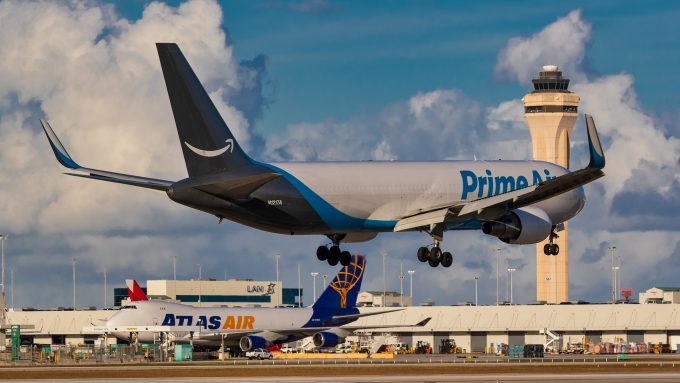The Aerologic is clear as DHL dumps Atlas JV and goes with Lufthansa
Lufthansa – a more comfortable partner for DHL

The headwinds Amazon is contending are also buffeting its air cargo capacity providers: Air Transport Services Group (ATSG) faces the prospect of up to eight of its 767 freighters in service for the e-commerce giant being jettisoned this year; while Sun Country reported reduced income ...

Comment on this article